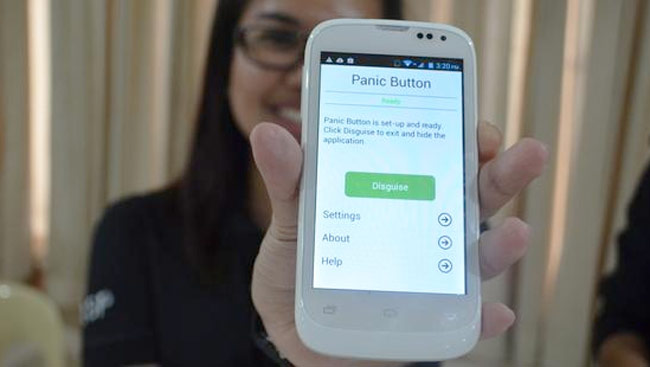The US researchers have developed an innovative method for using affordable, consumer-grade 3D printers and materials to fabricate custom medical implants that can contain antibacterial and chemotherapeutic compounds for targeted drug delivery.
The team has created filament extruders that can make medical-quality 3D printing filaments that have specialised properties for drug delivery.
Creating these filaments is a new concept that can result in smart drug delivering medical implants or catheters.
“After identifying the usefulness of the 3D printers, we realised there was an opportunity for rapid prototyping using this fabrication method,” said Jeffery Weisman, a doctoral student from Louisiana Tech University's biomedical engineering programme.
Through the addition of nanoparticles and/or other additives, this technology becomes much more viable using a common 3D printing material that is already biocompatible, he added.
The new method of creating medically compatible 3D-printing filaments will offer hospital pharmacists and physicians a novel way to deliver drugs and treat illness.
Most of today's antibiotic implants or “beads” are made out of bone cements which have to be hand-mixed by a surgeon during a surgical procedure and contain toxic carcinogenic substances.
Weisman and his team's custom 3D print filaments can be made of bioplastics which can be resorbed by the body to avoid the need for additional surgery.
The new technique enables dispersion on a tabletop scale, allowing researchers to easily customise additives to the desired levels.
One of the greatest benefits of this technology is that it can be done using any consumer printer and can be used anywhere in the world, Weisman concluded.





